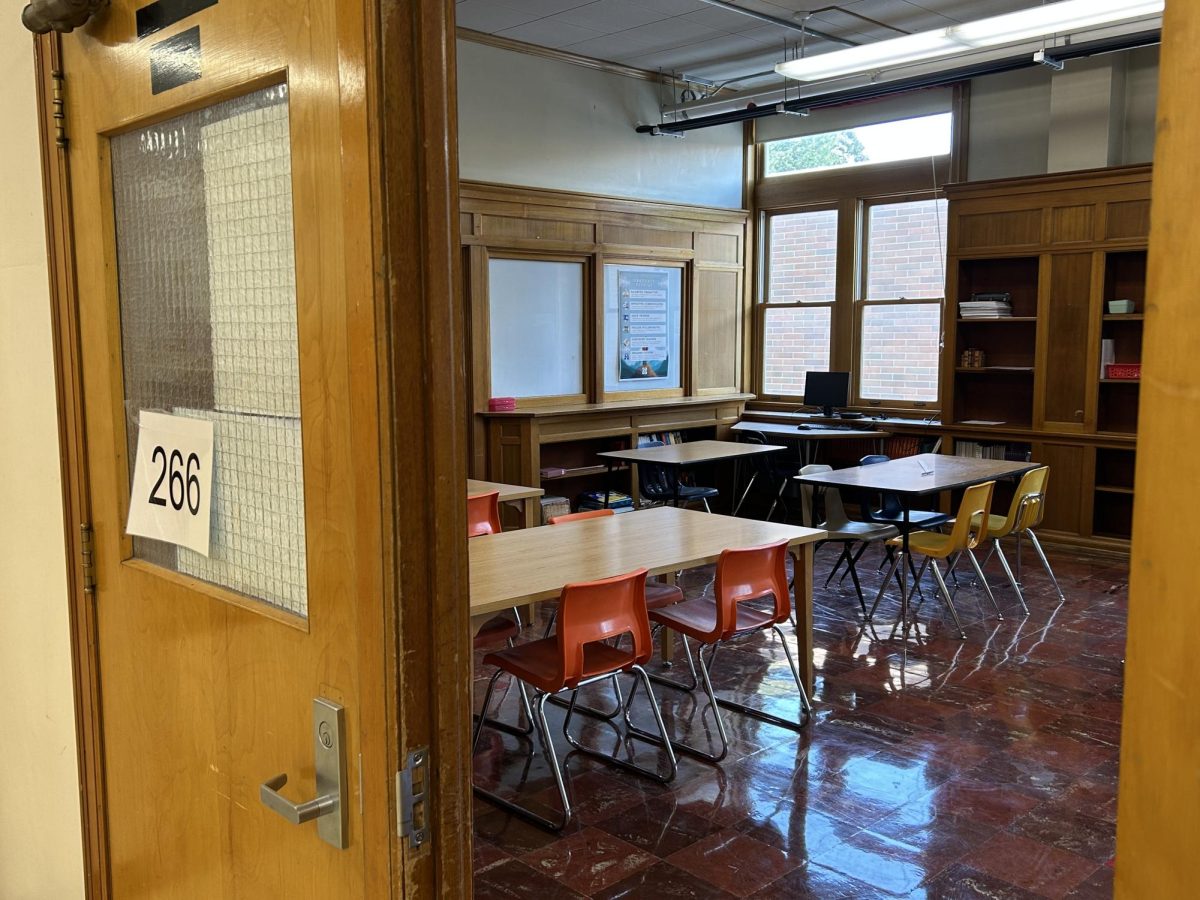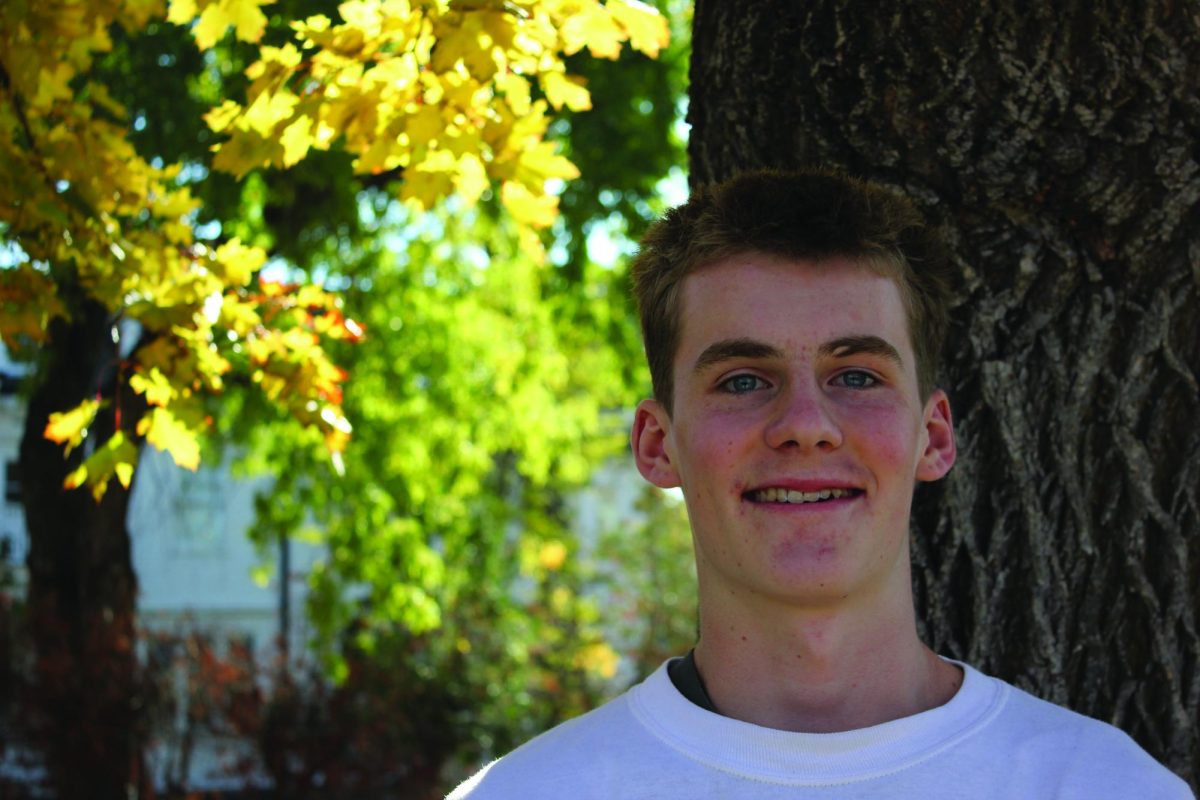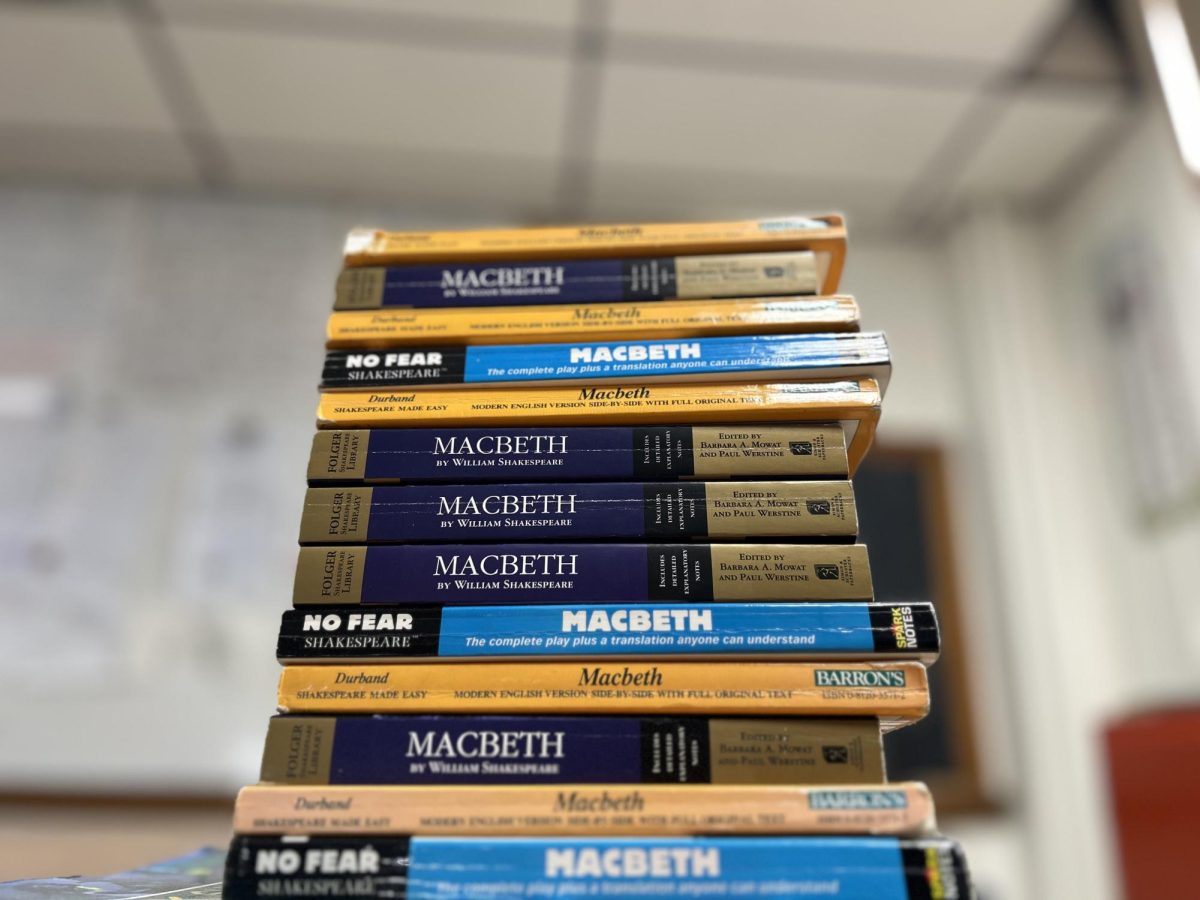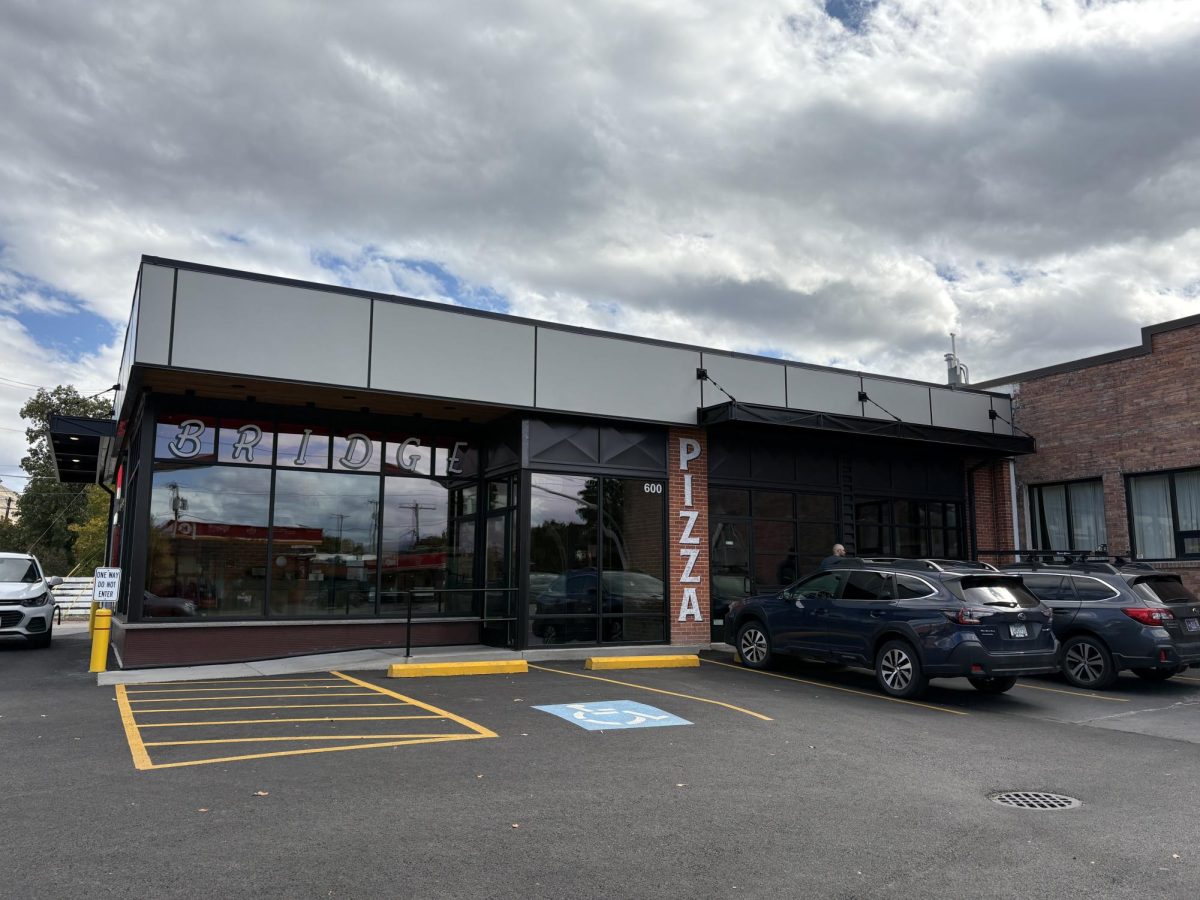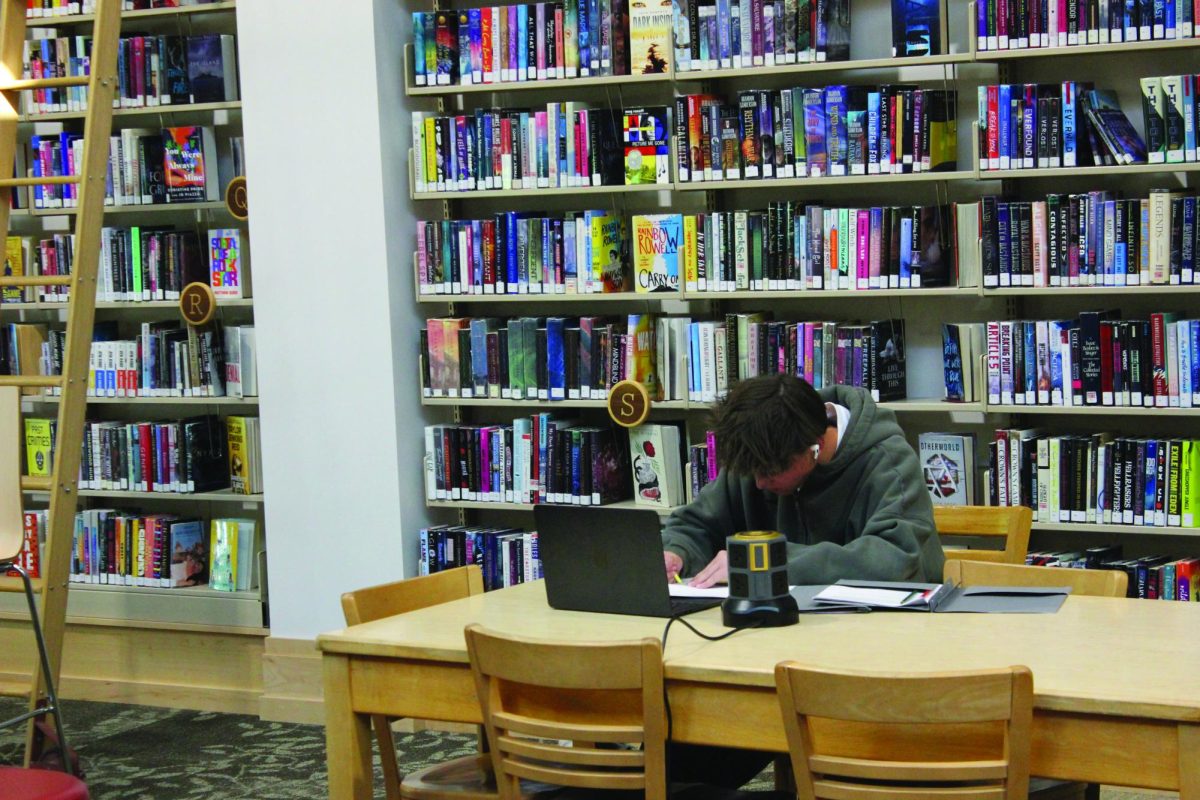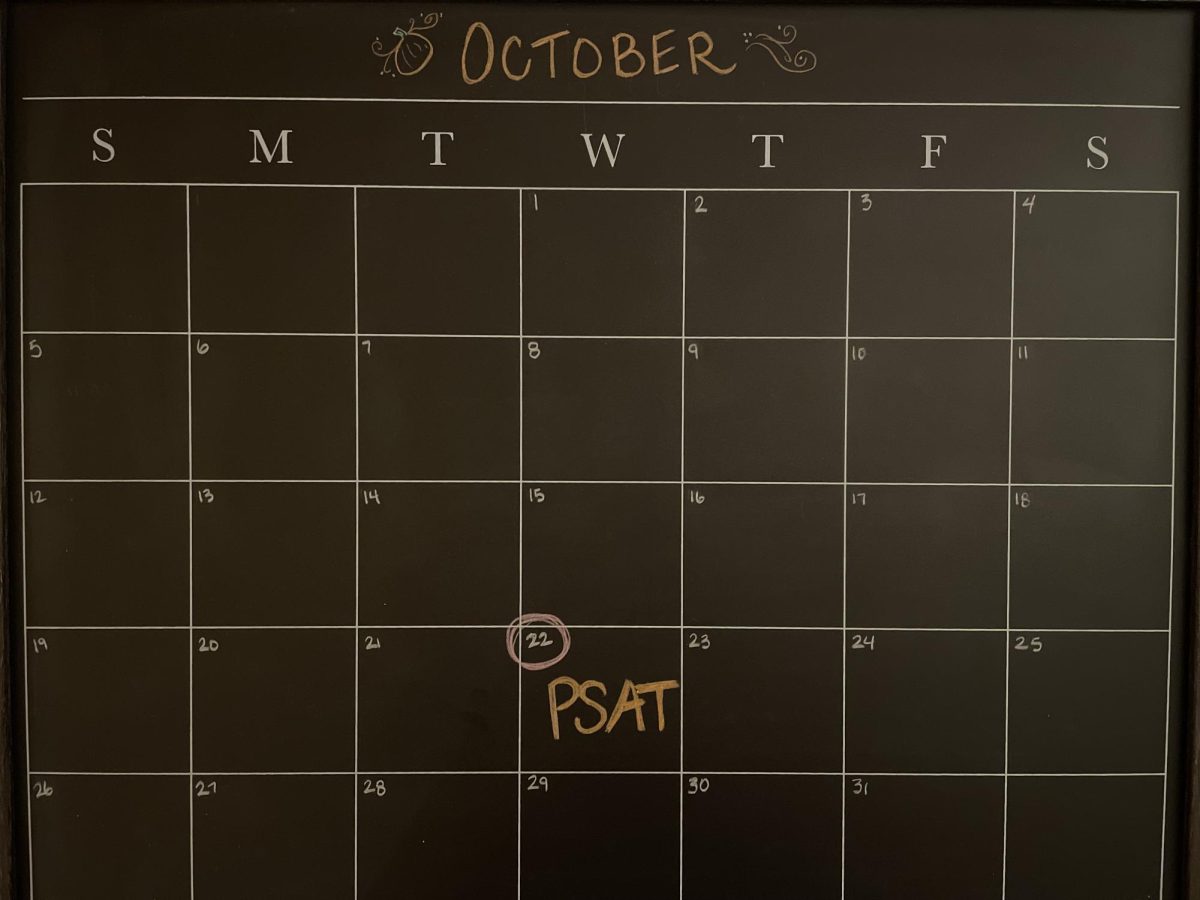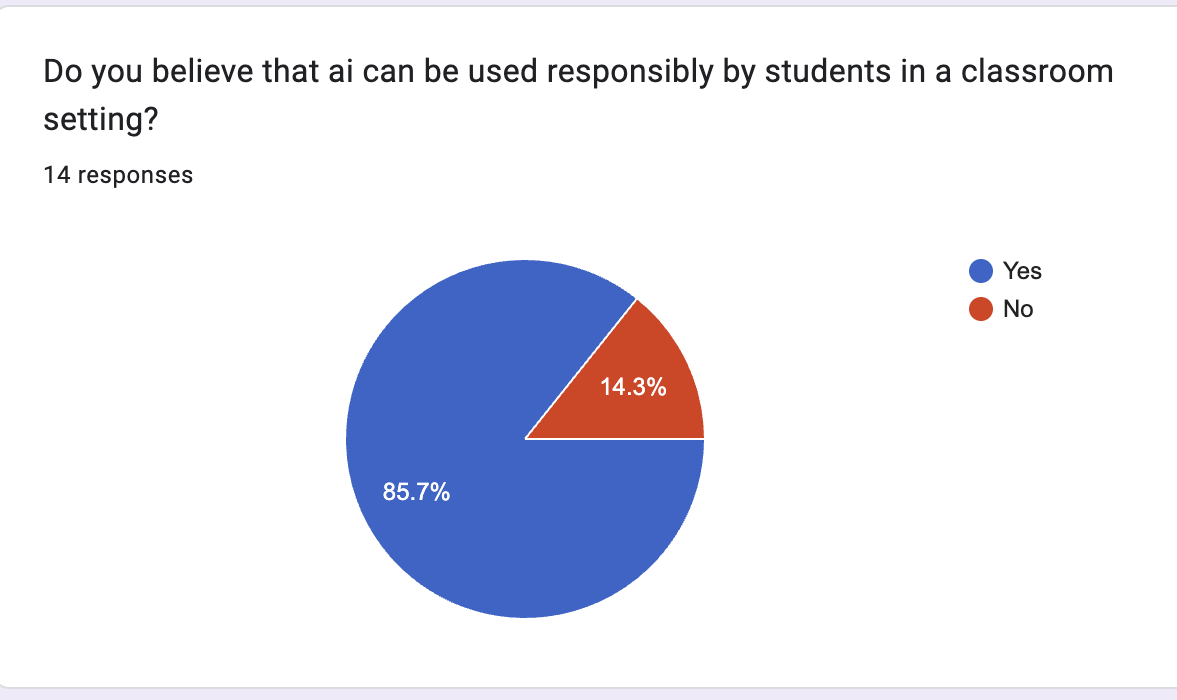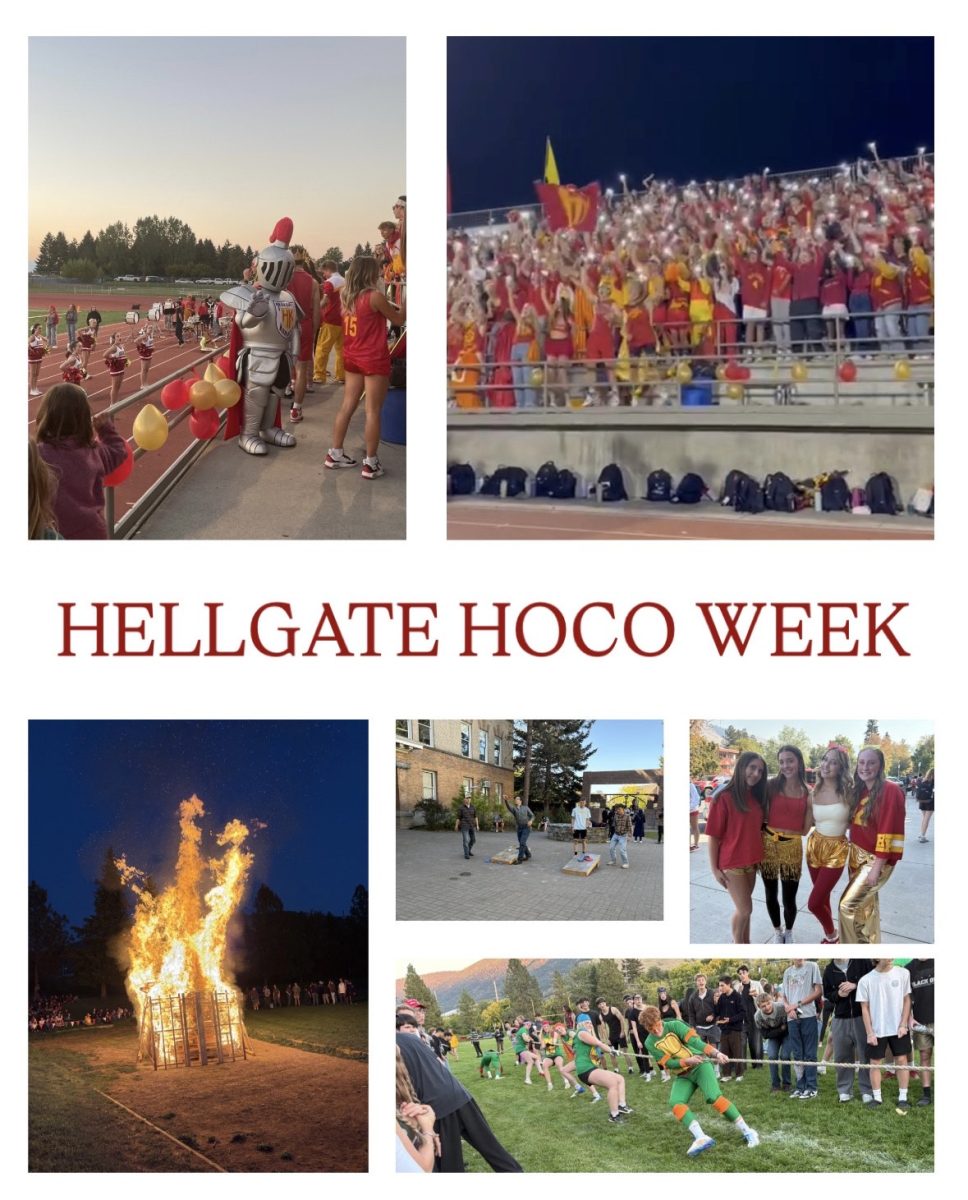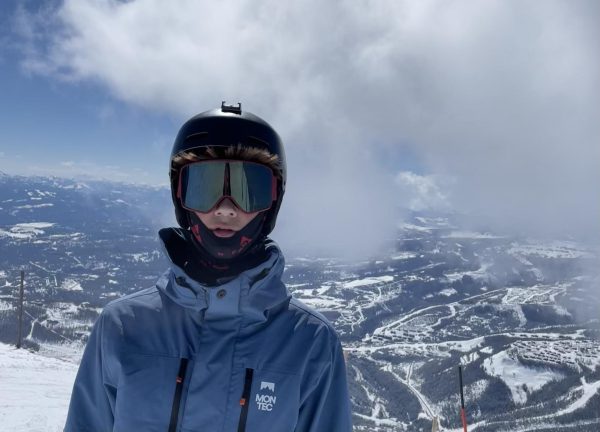Hellgate High School has added a much-needed resource for students to utilize this year with the introduction of the new Academic Service Center (ASC).
“The program is really built to work with students on a much more individualized basis, and get to the root of why they might either be struggling in a class or avoiding a class,” said Britt Hanford, assistant principal.
The space functions as an open-door environment for students who may be falling behind or not attending their classes to receive personalized academic support, whatever form that may take. Hellgate students can drop by at any point during the day and work with one of two “content interventionists.”
“The idea really started in my mind with ‘we’ve got to find magic people,’” said Hanford. This sentiment led the administration to Simon Hill and Astrea Steen.
“The support that we provide is there to give students the encouragement and the tools that they need to be more self-sufficient,” Hill said. “Our job is not to show these kids ‘this is where you’re weak.’ Our job is to say, ‘this is where you’re strong… let’s build from there.’”
Hill, who covers science and math concepts in the ASC, worked at both Sentinel and Big Sky in the past before coming to Hellgate. Steen was a paraprofessional educator at Hellgate for the last two years, and handles English and history.
The ASC, which Hanford said has been an idea in the back pocket of Hellgate admin for over a year, came to fruition over the summer of 2025 after the school received additional ‘Title l’ funding from the federal government. The warmly-lit space fills the second floor old-old-library down the hall from student services for ease of student access between the two.
Steen said that the ASC differs from Hellgate’s other academic student assistance programs, such as Student Services or the Credit Recovery Lab, because they hope to address an issue before it becomes irreversible.
“The Credit Recovery Lab is to earn credits students didn’t get in other classrooms, and provide them with an opportunity to keep on track for graduation,” Steen said. “We are stepping in before it gets to that point. Proactive rather than reactive.”
“Fundamentally, over the last five to ten years education itself has changed,” Hill said. He and Steen agreed that COVID changed many aspects of the learning process for students, and that teachers have had to adapt to provide different assistance and structure. The ASC is one of Hellgate’s attempts at meeting these challenges.
“We get to kind of explore these things with the students alongside them, and try and make education less menial and more meaningful,” Hill said.
The ASC is in its infancy, in the beginning of its inaugural year. While Hill said the long term dream is an experiential-learning-based cocurriculum, on paper, he, Hanford, and Steen all said the goal of the ASC is one of numbers.
“Fewer dropouts, more engagement in school, better attendance,” Hanford said. “Looking at that data will be the true maker of success.”
“The goal isn’t to get to zero, but the goal is to improve,” Hill said.
“Too many students suffer alone and in silence,” Hanford said. “It’s not your fault, and we can help you, and now we have the tools to help.”

